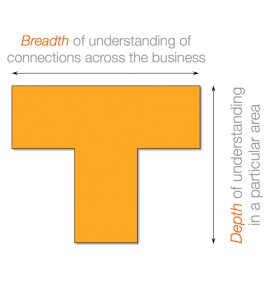(quote from which I guess that Steve was also a Little Prince book fan - "Caminando en línea recta no puede uno llegar muy lejos." :)
One year ago I was writing about the growing gap between the new generations and the old education system. I also remember my mother (who is a teacher) saying that she would really like to have another approach in classes, but the system is constraining. Nowadays I am pleased to see that things started to move in the right direction, we do not wait for the education system to change, but we change it! With a non-linear solution.
 Yes, we change it. We - the new generations that got the power as journalists, web developers, entrepreneurs. Apple is pushing ipads in schools to substitute books, reinvents classes through iTunesU, both Amazon and Apple now let you publish books for free, Orange made a partnership with Wikipedia to provide free access to its clients, YouTube launches Education, journalists at Forbes write about how the education system and the workplaces do not fit the new generations, Google is spreading Chromebooks in schools, some countries have internet as a basic right for people etc. And this is just the beginning.
Yes, we change it. We - the new generations that got the power as journalists, web developers, entrepreneurs. Apple is pushing ipads in schools to substitute books, reinvents classes through iTunesU, both Amazon and Apple now let you publish books for free, Orange made a partnership with Wikipedia to provide free access to its clients, YouTube launches Education, journalists at Forbes write about how the education system and the workplaces do not fit the new generations, Google is spreading Chromebooks in schools, some countries have internet as a basic right for people etc. And this is just the beginning.
In the end is just providing the world with the right tools.
"Computers themselves, and software yet to be developed, will revolutionize the way we learn." Steve Jobs
And we will take it from there.
The systems are managed bottom-up from now on, not the other way around anymore. PS: Ok, there is also something less altruistic about the move into education these players made:
- They get to have smarter future employees. And also smarter future entrepreneurs who will exit to them.
- They get to have brand loyalty since consumers' childhood.



